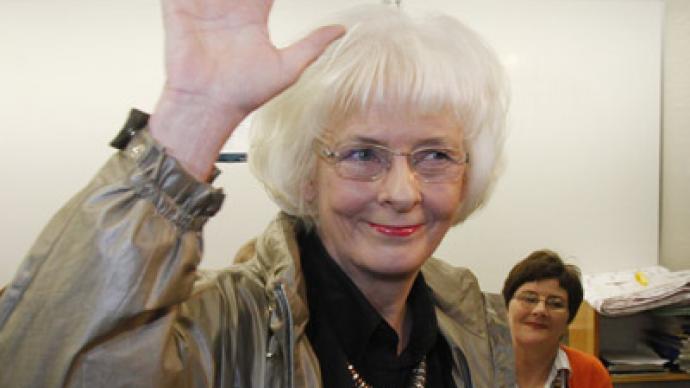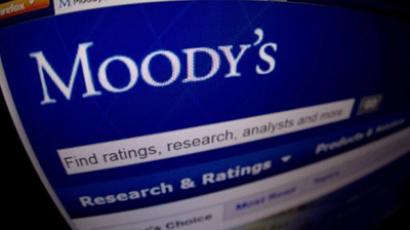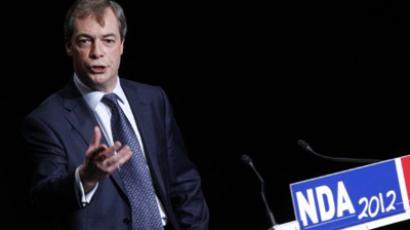Iceland shows eurozone how to fight crisis

Before Greece and Portugal, it was Iceland that chilled investors. Now the country’s finances are recovering and its bonds are turning into a lucrative investment.
Fitch has upgraded Iceland’s sovereign credit rating from BB+ to BBB- with a stable outlook. The rating agency lifted “the junk bond status” saying the country’s “unorthodox crisis policy response has succeeded.” In 2008 Iceland faced the worst financial crisis in its history as three leading banks defaulted under the weight of huge foreign debt. As it became clear the default were inevitable Iceland’s government nationalized the banks, while foreign creditors were left holding the bag.“A Major part of Iceland’s debt has been written off. That means the country has more chances to pay its debts. So Iceland’s bonds are more attractive to investors than those of Greece or Portugal”, commented Tamerlan Khassimikov, the head of BST Capital Management. The country also received a $2.2 billion bailout from the IMF and carried out structural reforms which enabled Iceland to reduce its fiscal deficit. The devaluation of the Icelandic krona contributed to the country’s exports. “The Icelandic krona unlike the euro is supported by the country’s production. Now the fishing industry creates 46% of Iceland’s GDP and exports are growing”, said Mr. Khassimikov. But it wasn’t only effective crisis management that helped Iceland stay afloat, according to the expert. “Iceland is a disciplined country, it used not to spend much more than it has”, Mr Khassimikov said. “The fiscal deficit was formed during the crisis, because Iceland’s banks are a part of global banking. As for Greece, it became a victim of its own careless approach to finance”.Analysts agree Iceland’s crisis approach is hardly applicable to the euro-zone countries as they can’t devalue the currency by themselves. But Iceland definitely shows a textbook example of a thrifty financial policy.













